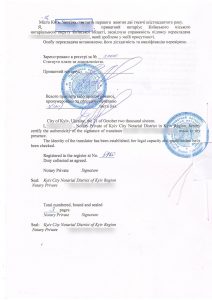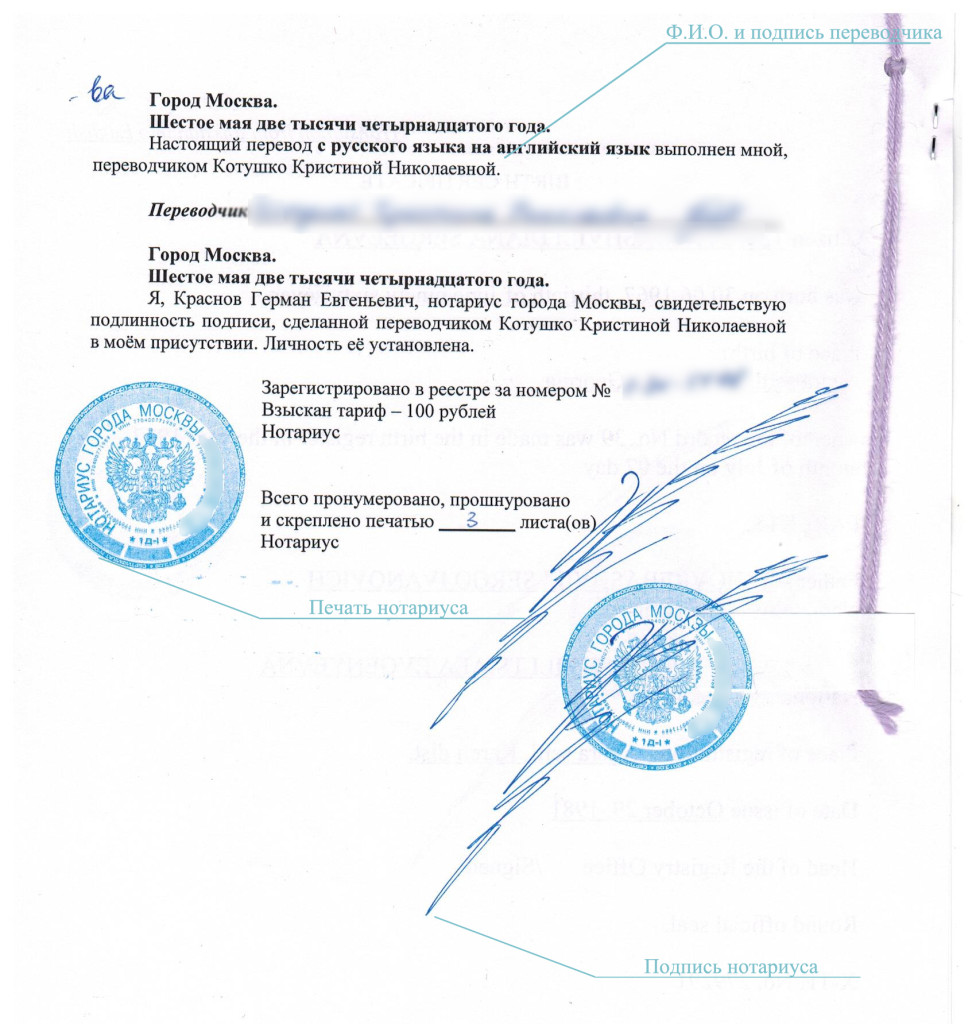We have devoted the last few articles to an analysis of the features of translation of personal documents, leaving the legal sphere out of our field of vision. With this article, we will open a cycle dedicated to the translation of legal documents, indicating all the features of such translations. We will start with the constituent documents.
Legal documents are founding documents that allow legal entities to carry out commercial and other activities. At the same time, the constituent documents include not only constituent agreements and charters directly, but also certificates of state registration, share certificates, certificates confirming the legal address, and many others. There is simply no complete list of documents, since it varies from country to country and depends on the organizational and legal form.

At the same time, over time, this register of documents only grows for each legal entity, there are certificates of change of name, legal address, documents relating to re-registration, many decisions of the board of directors, appointment orders, minutes of shareholders’ meetings, powers of attorney, etc. a fairly significant package of documents that must be carried with you when you perform each subsequent legally significant action. It would seem that all this information does not relate directly to translation activities – but this is only at first glance. You will probably agree with the statement that no one will simply translate constituent documents. It’s just counterintuitive, let alone costly. This means that such a translation is carried out quite deliberately, and it is mainly associated with the fulfillment of the requirements of any officials, from notaries to banks and registration services. And this is where the difficulties begin.
There are several “usual” foreign jurisdictions in Russia, mainly offshore ones, which are known to everyone; these are Cyprus, British Virgin Islands (BVI), Belize, Hong Kong. The documents that are provided by legal entities registered in these jurisdictions are familiar and, one might say, understandable to everyone. Moreover, in the event of any emergency situation, the authorities almost always know what to ask from those who applied and which document contains the required information. With other jurisdictions, things are more complicated – all because there is much less experience with them. As you can imagine, this is mutual.
If a Russian legal entity opens a representative office in London or Geneva, the list of documents is generally clear, but if an additional office opens in the UAE or South Africa, then a number of problems arise with an unobvious solution. This applies to both translation and legalization of such translations.
Unlike personal documents, translation of legal documents, and even more so statutory documents, must always be apostilled or legalized. At the same time, even if you have collected a full package of documents, you need to take care of their proper translation, because a translator (especially a non-professional one) is the one who, who can significantly affect the timing of the implementation of your plans, and, as you understand, in an unfavorable direction. Unfortunately, due to the huge number of pseudo-specialists on the translation services market, real “semi-finished products” are very often encountered.
We urge our esteemed clients not to trust the translation of constituent documents to shady small offices or even our own employees. A good experienced translator knows that a typo somewhere in the text of the charter (say, for the purposes for which the company is established) will in no way affect the registration of the representative office, but an extra comma in the legal address may serve as a reason for refusing such registration. Even good corporate lawyers do not always know exactly where to look in a particular document, but good translators know, just as registrars, notaries, and bank employees, through whom many such documents pass, know it. You can’t even imagine how many times deals were canceled due to the fact that the translator indicated the name of the director of the company differently from the way it was translated earlier; how many denials were issued due to inconsistencies in the spelling of company names or their legal addresses; how many translated “copies” were broken about shares and shares in authorized capital.
A good translator not only helps you save time and money; he is also very likely to find those errors that are in the originals of your documents – and believe me, there are many such errors. A good translator will always help you get around them (naturally, within the framework of the law) or tell you how and by what means these errors can be corrected if there is no other way out. In the end, the translator not only stands up for the correctness of the translation, but also for the client’s achievement of the goals that he sets for himself.




